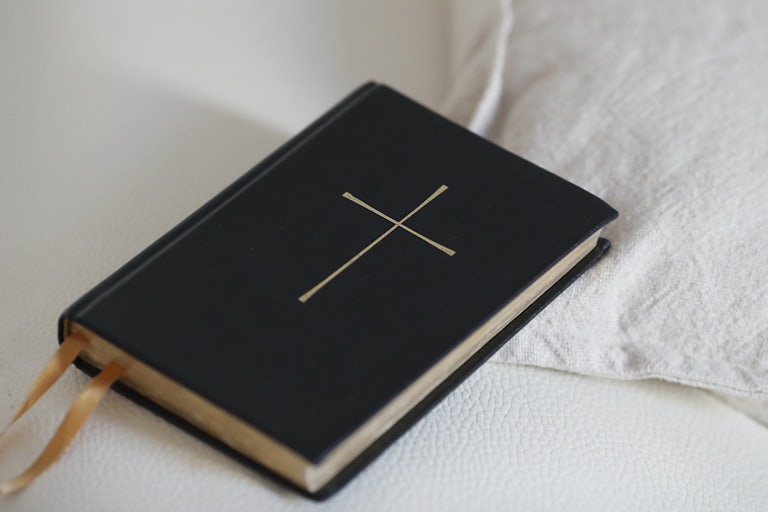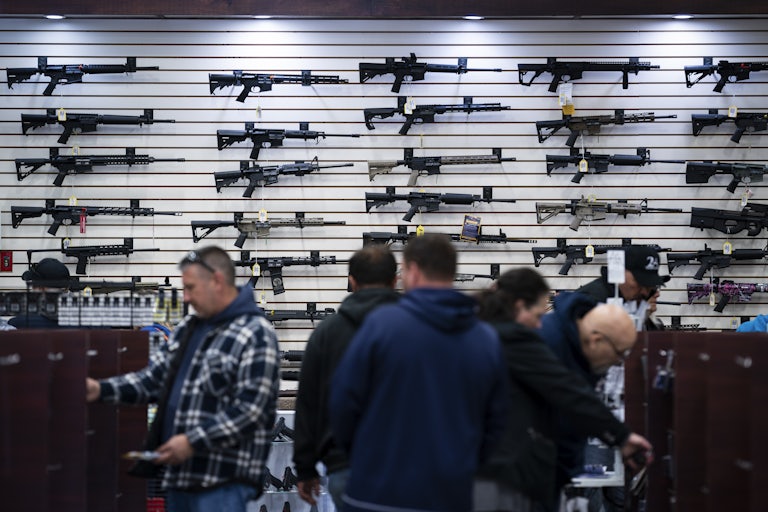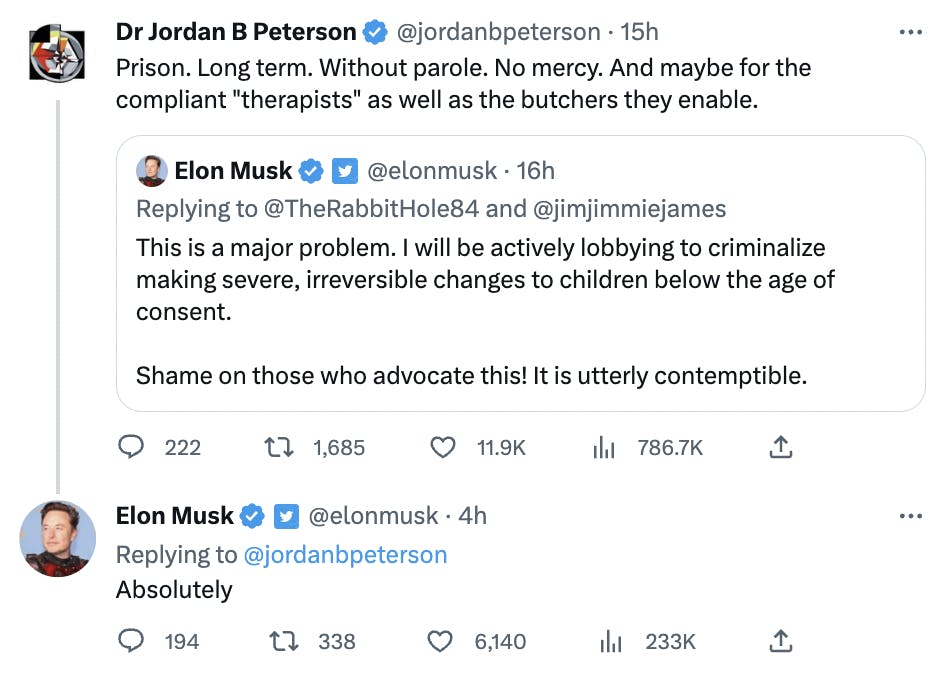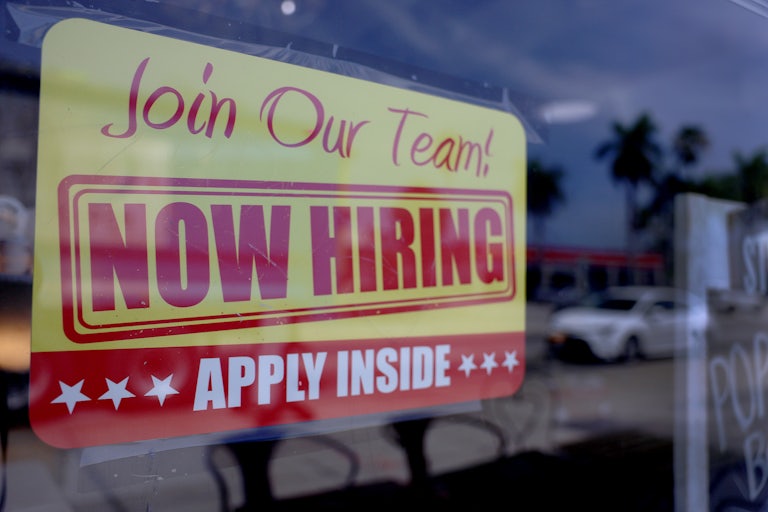Utah School District Bans the Bible for “Vulgarity” and “Violence”
The book was banned after a complaint that highlighted how easy it is to get books banned in schools now, thanks to Utah law.

A Utah school district has banned the Bible for younger students after someone complained that it contained too much sexual content—in an interesting twist on the book bans sweeping the country.
Utah passed a controversial law last year intended to remove “sensitive material” from school libraries and classrooms. The law defines “sensitive material” as subjects that are pornographic or indecent. Anyone can request that a book be reviewed by a committee for propriety. School librarians and teachers saw a huge spike in review requests after the law was passed, mainly for books that dealt with racial justice, gender ideology, and LGBTQ representation.
In December, someone filed a review request with Davis School District officials for the Bible. The challenge specifically mentioned Utah Parents United, a conservative parents rights group that backed the book ban law. The person’s name was redacted when the request was shared with the local news outlet KSL.
“I thank the Utah Legislature and Utah Parents United for making this bad faith process so much easier and way more efficient. Now we can all ban books and you don’t even need to read them or be accurate about it. Heck, you don’t even need to see the book!” the person said in the request, highlighting the ridiculous nature of book bans.
The person referred to the Bible as “one of the most sex-ridden books around” and pointed out the text mentions incest, bestiality, prostitution, genital mutilation, and rape. They included a list of examples.
“You’ll no doubt find that the Bible … has ‘no serious values for minors’ because it’s pornographic by our new definition. Get this PORN out of our schools!”
Davis School District officials decided last week to remove the Bible from elementary and middle school libraries. It would still be available in high school libraries “based on age appropriateness due to vulgarity or violence,” the school district communications director Christopher Williams told KSL.
Someone filed an appeal to the decision on Wednesday, asking that the Bible be made available to all age groups. State Representative Ken Ivory said in March that the challenge to the Bible was “a backhanded slap to parents that are simply trying to keep a healthy learning environment for all students in the schools.”
The decision about the Bible comes after reports of Florida schools banning a host of materials that all deal with racial justice, including the movie Ruby Bridges, the graphic novel Little Rock Nine, and The Hill We Climb, the poem read at Joe Biden’s inauguration.
As the person who challenged the Bible highlighted, the solution isn’t to unilaterally ban books. The solution is to learn from them so we can do better.









